You've likely come across the term 'inflammation,' often accompanied by the notion that it always leads to negative health consequences. While chronic inflammation can indeed be associated with health issues, it's important to recognize that not all inflammation is inherently harmful.
Inflammation represents the body's natural reaction to injury, infection, or irritation. Despite the negative connotations it sometimes carries, inflammation can serve a beneficial purpose. In cases of injury or infection, acute inflammation serves as the body's initial defense mechanism. When a foreign pathogen invades your body or an injury occurs (such as a painful toe stub), your immune system triggers an inflammatory response. This response involves immune cells moving towards the site of injury or illness to facilitate the healing process.
While acute inflammation serves a crucial role in maintaining bodily health, chronic inflammation presents a different narrative. Persistent inflammation has been linked to a myriad of health conditions, including metabolic syndrome, cardiovascular disease, type 2 diabetes, and non-alcoholic fatty liver disease. Over time, it can lead to tissue damage and organ dysfunction and is also associated with autoimmune disorders in which the immune system mistakenly attacks healthy cells.
But what triggers chronic low-grade inflammation? A combination of genetic factors, dietary choices, lifestyle practices, and exposure to specific environmental toxins may contribute to its development. When it comes to dietary factors, certain foods have been implicated in promoting inflammation within the body. Processed meats, trans fats, refined sugars, and alcohol are common dietary components that individuals often limit or avoid when aiming to mitigate chronic low-grade inflammation.
So, what dietary practices can assist in combating chronic low-grade inflammation?
Below, we delve into ten of the most effective eating habits worth considering.
1) Eat Fish Twice a Week
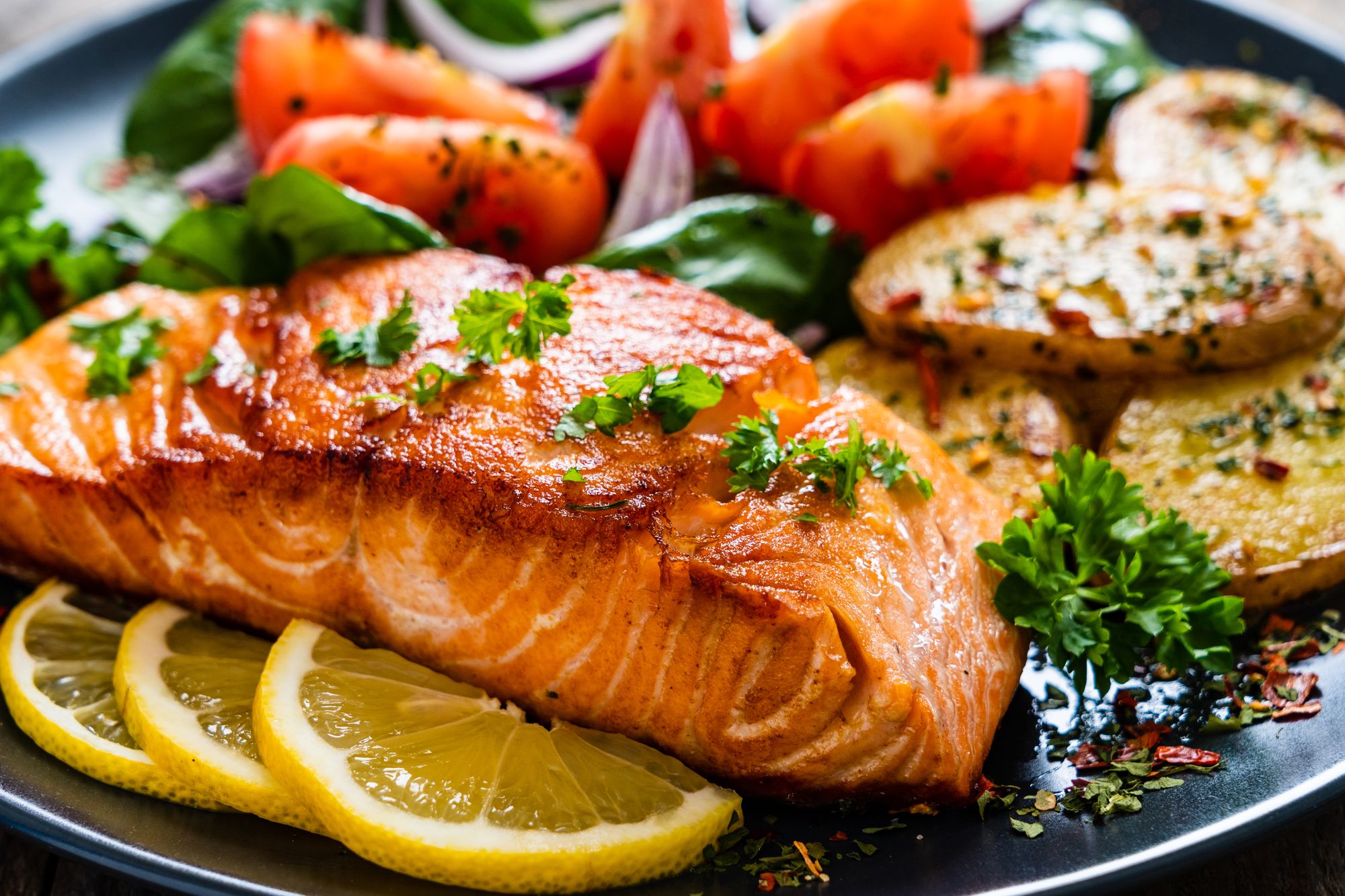
The American Heart Association advises incorporating two servings of fish, especially fatty varieties, into your weekly diet—an objective that a significant portion of the American population is falling short of achieving. Caroline Thomason, RD, CDCES, a dietitian and nutrition partner affiliated with Alaskan Seafood, based in Washington, DC, highlights the nutritional benefits of salmon in particular.
Salmon boasts high-quality protein, essential omega-3 fatty acids EPA and DHA, vitamin D, and a range of other nutrients. Thomason emphasizes that EPA and DHA are well-established for their anti-inflammatory properties, and when it comes to food sources rich in these compounds, fatty fish stands unrivaled. She specifically recommends Alaskan salmon due to its guaranteed wild and sustainable sourcing, ensuring low levels of contaminants.
2) Include More Nuts in Your Diet
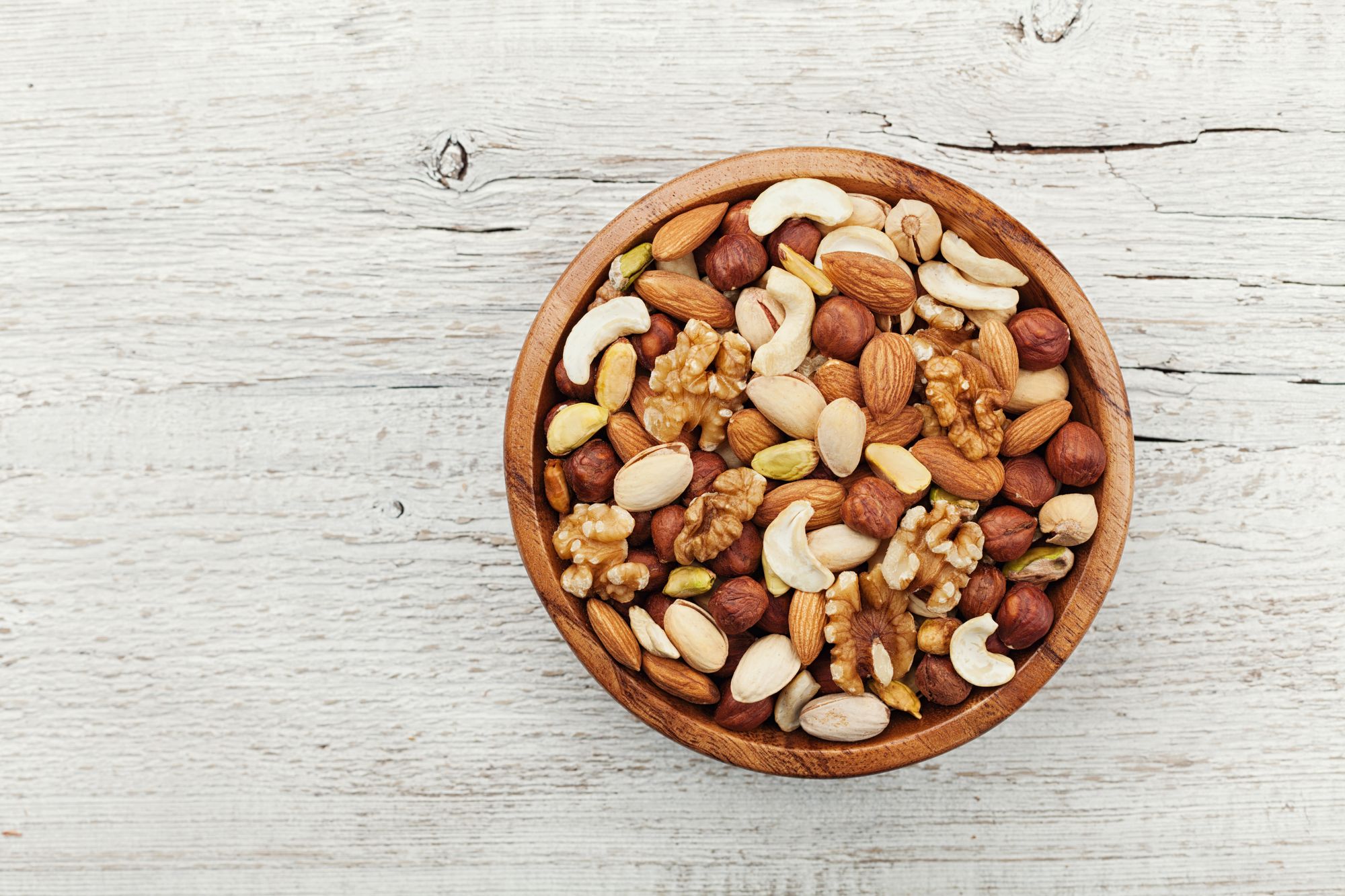
While nuts are commonly recognized as a valuable plant-based protein source, their impressive phytochemical content deserves equal attention for its potential anti-inflammatory properties. Research has indicated a significant association between increased nut consumption and reduced levels of C-reactive protein, a recognized inflammation marker.
Pistachios, in particular, stand out as a complete source of plant-based protein, providing all essential amino acids. This makes pistachios a noteworthy addition to an anti-inflammatory diet. Multiple studies have underscored pistachios' efficacy in addressing oxidative stress and inflammation. Notably, research published in Nutrients has highlighted the anti-inflammatory properties of polyphenol extracts derived from pistachios.
3) Consume Dairy Foods

In the past six years, three systematic reviews, which compile results from multiple research studies, have consistently indicated that dairy foods, including milk, cheese, and yogurt, have either neutral or beneficial effects on inflammation," stated Kerry Hackworth, MS, RD, LDN, Director of Nutrition Affairs at the National Dairy Council.
Furthermore, Hackworth emphasized the findings of an inflammation ranking system published in The Journal of Nutrition. This ranking system identified dairy foods, including both whole-fat and low-fat milk, cheese, and yogurt, as one of the leading food groups associated with lower levels of inflammatory biomarkers.
4) Add Watercress to Your Plate
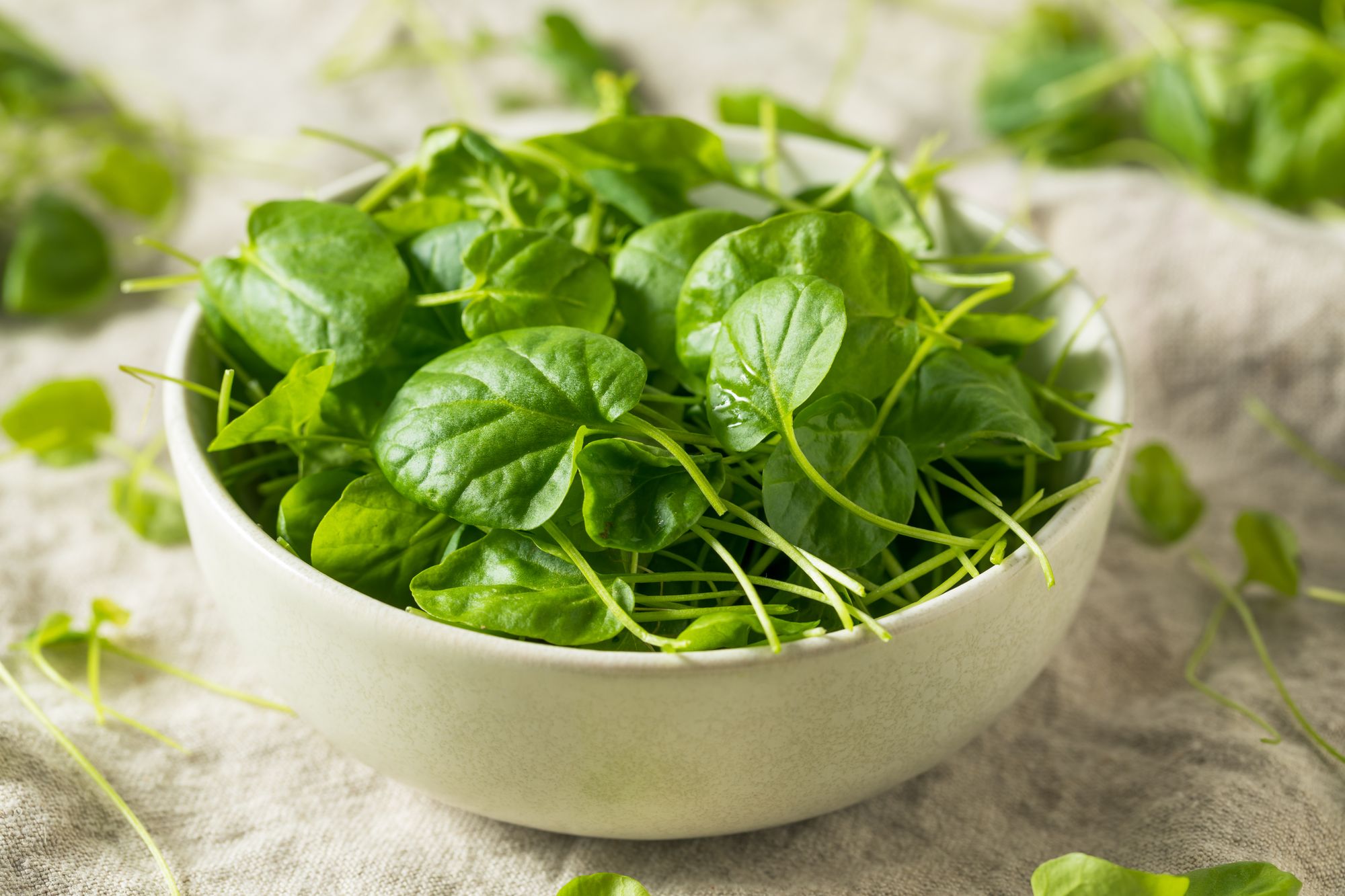
Watercress is a distinctive leafy green vegetable known for its subtle peppery flavor. Not only is it low in calories, but it also boasts a wealth of essential nutrients.
One of the remarkable components found in watercress is phenylethyl isothiocyanate (PEITC), a natural compound with anti-inflammatory properties. Consumption of watercress has been linked to potential reductions in certain inflammation markers. Additionally, it has demonstrated anti-cancer properties, further enhancing its value as a healthy dietary choice.
In a similar ranking system that highlighted dairy as an anti-inflammatory food, cruciferous vegetables, including watercress, were identified as top contenders for their anti-inflammatory benefits.
5) Cook with Olive Oil

Integrating olive oil into your dietary regimen can be a key strategy in combatting inflammation. Extra virgin olive oil stands out for its richness in antioxidants, specifically polyphenols, renowned for their anti-inflammatory properties. One noteworthy polyphenol found in olive oil is oleocanthal, which exhibits anti-inflammatory effects akin to ibuprofen. Additionally, olive oil promotes heart health and can mitigate the risk of chronic ailments. Whether employed in cooking or as a salad dressing, the inclusion of olive oil in your culinary choices can make a substantial contribution to an anti-inflammatory diet.
6) Enjoy Berries for Dessert
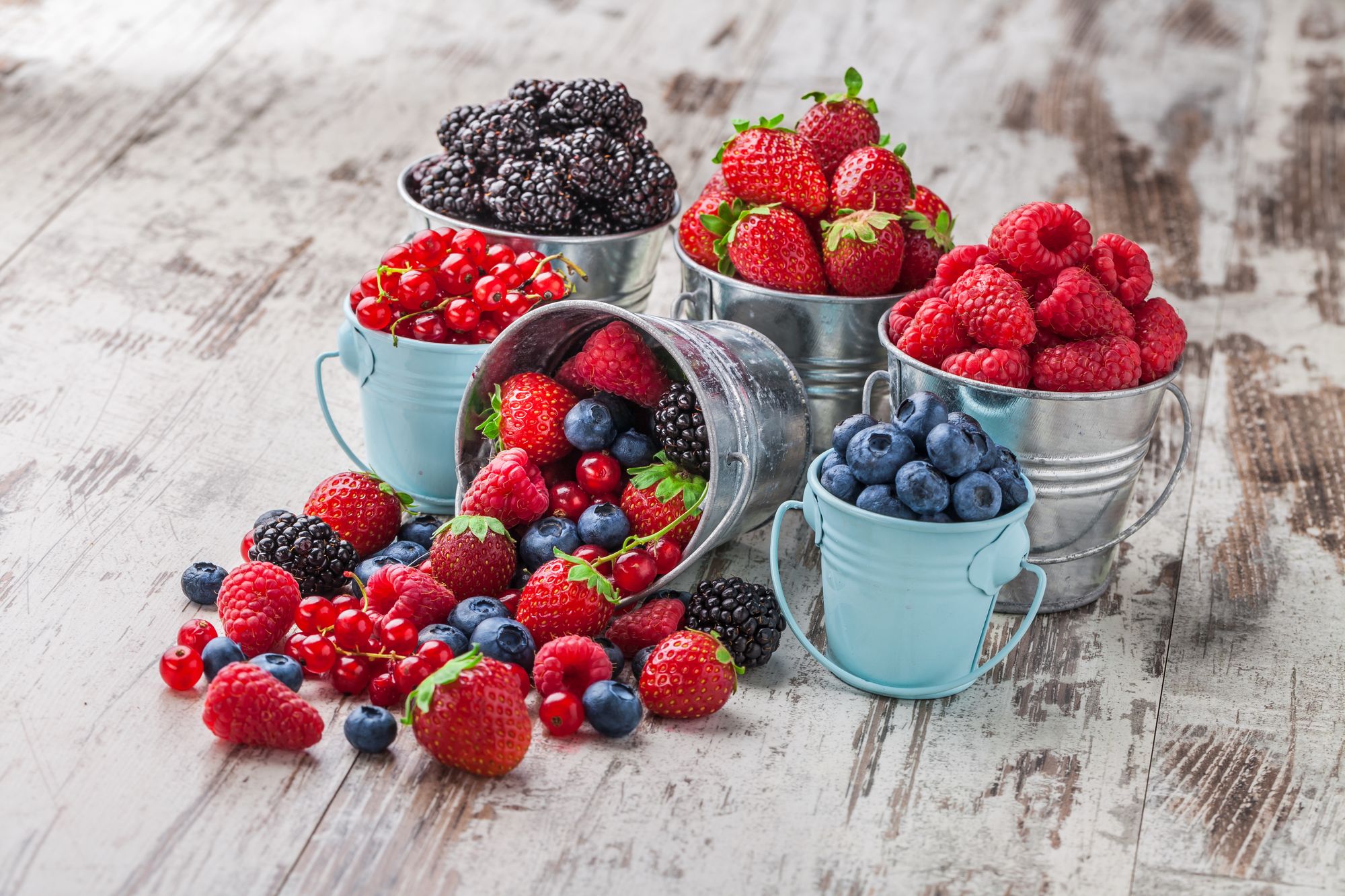
Berries, such as strawberries, blueberries, and raspberries, are not only delightful and naturally sweet but also brimming with an array of anti-inflammatory components. They boast a rich content of anthocyanins, flavonoids responsible for their vivid hues and potent antioxidant and anti-inflammatory properties. Research has demonstrated the anti-inflammatory potential of these compounds, underscoring the significant health advantages of incorporating berries into your diet.
7) Avoid Alcohol

Another crucial aspect of inflammation management is controlling alcohol intake. While moderate drinking, which includes up to one drink per day for women and two drinks per day for men, may offer some cardiovascular benefits, excessive alcohol consumption can lead to various health issues. Elevated alcohol levels in the body may stimulate inflammation, increasing the risk of chronic conditions like liver disease, heart disease, and specific cancer types.
For a non-alcoholic alternative with inflammation-fighting properties, consider sipping a glass of pomegranate juice in a wine glass. Pomegranate juice contains ellagitannins, a compound known for its anti-inflammatory effects, providing a wine-like experience without the alcohol.
8) Eat an Apple with Nut Butter at Snack Time
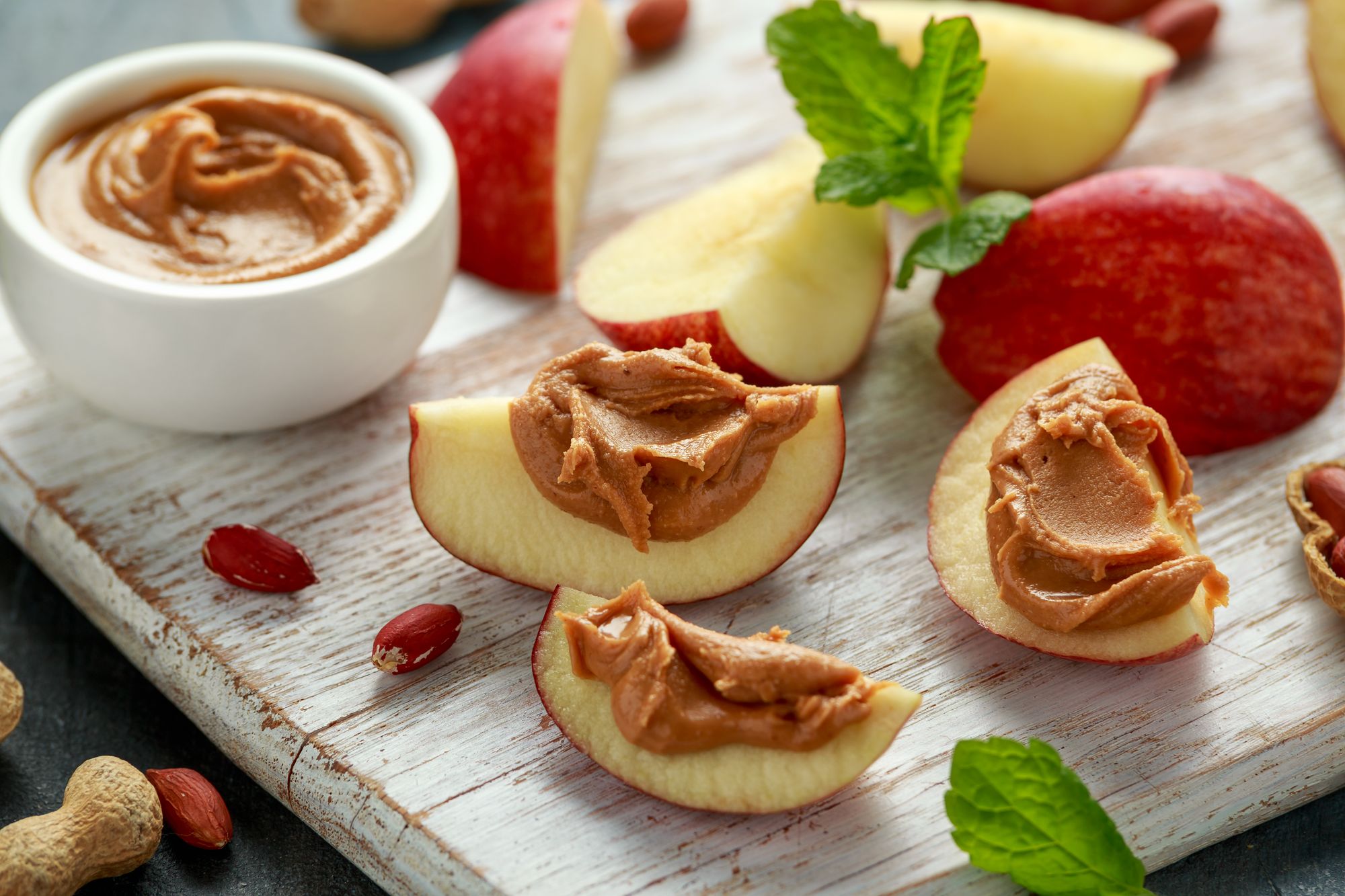
Apples make an excellent addition to an anti-inflammatory diet. They not only provide a generous amount of dietary fiber, which promotes digestive health, but also contain a significant quantity of quercetin. Quercetin is a flavonoid renowned for its potent antioxidant properties and its potential role in managing chronic inflammation. Scientific studies suggest that quercetin may contribute to the prevention and treatment of various inflammatory conditions, including heart disease, inflammatory bowel disease, and arthritis. As the saying goes, "an apple a day keeps the doctor away!"
For an added anti-inflammatory boost, consider pairing your apple with natural nut butter. This combination provides a one-two punch in the fight against inflammation.
9) Replace Soda with Sugar-Free Seltzer.
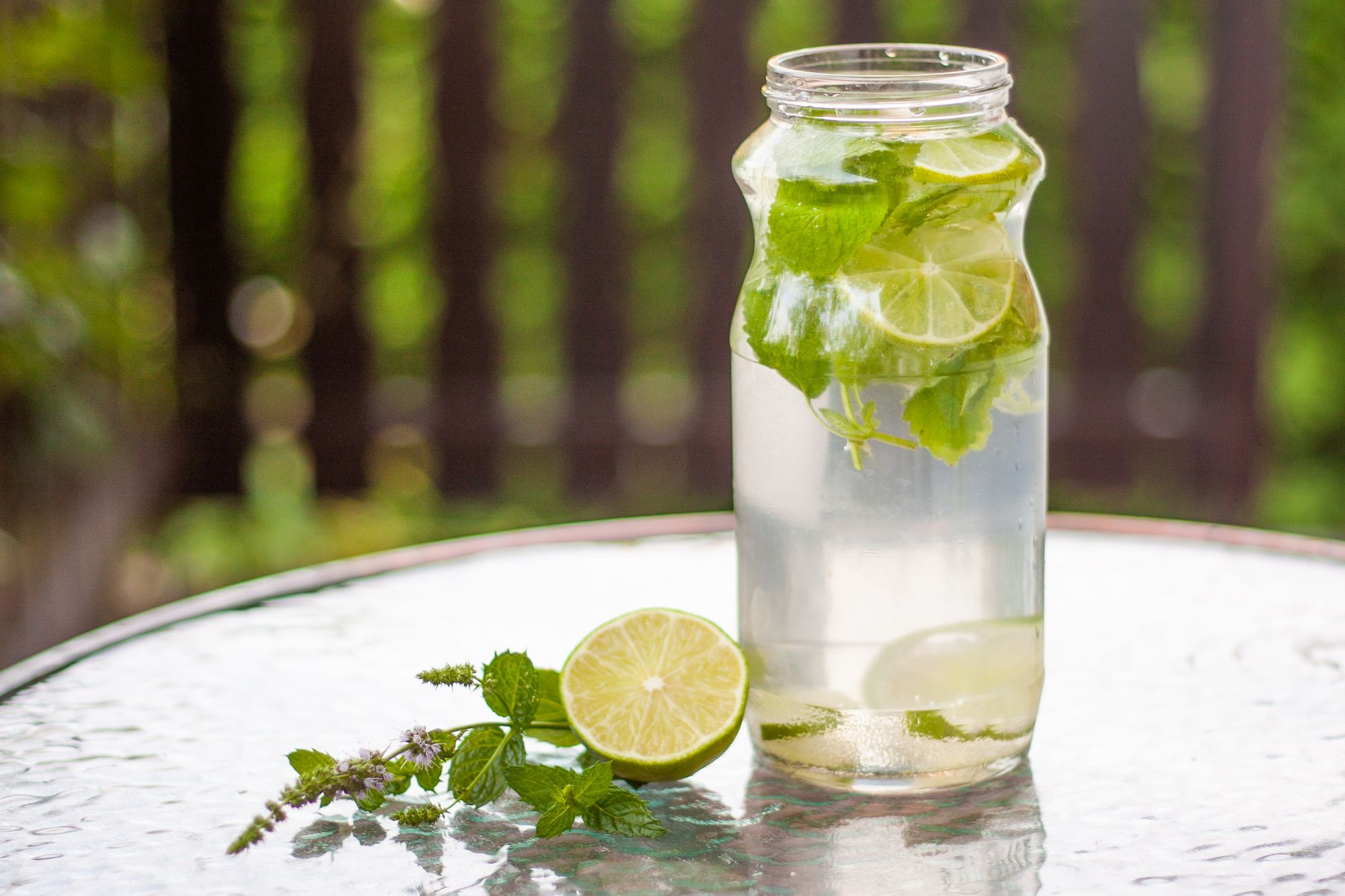
Steer clear of sodas and sugary beverages when following an anti-inflammatory diet. These drinks are packed with added sugars that can spike insulin levels and contribute to inflammation. Furthermore, they lack nutritional value and can lead to weight gain, which is itself a factor in inflammation. If you crave the fizzy sensation of soda, choose sugar-free options like seltzer water instead.
10) Drink Green Tea
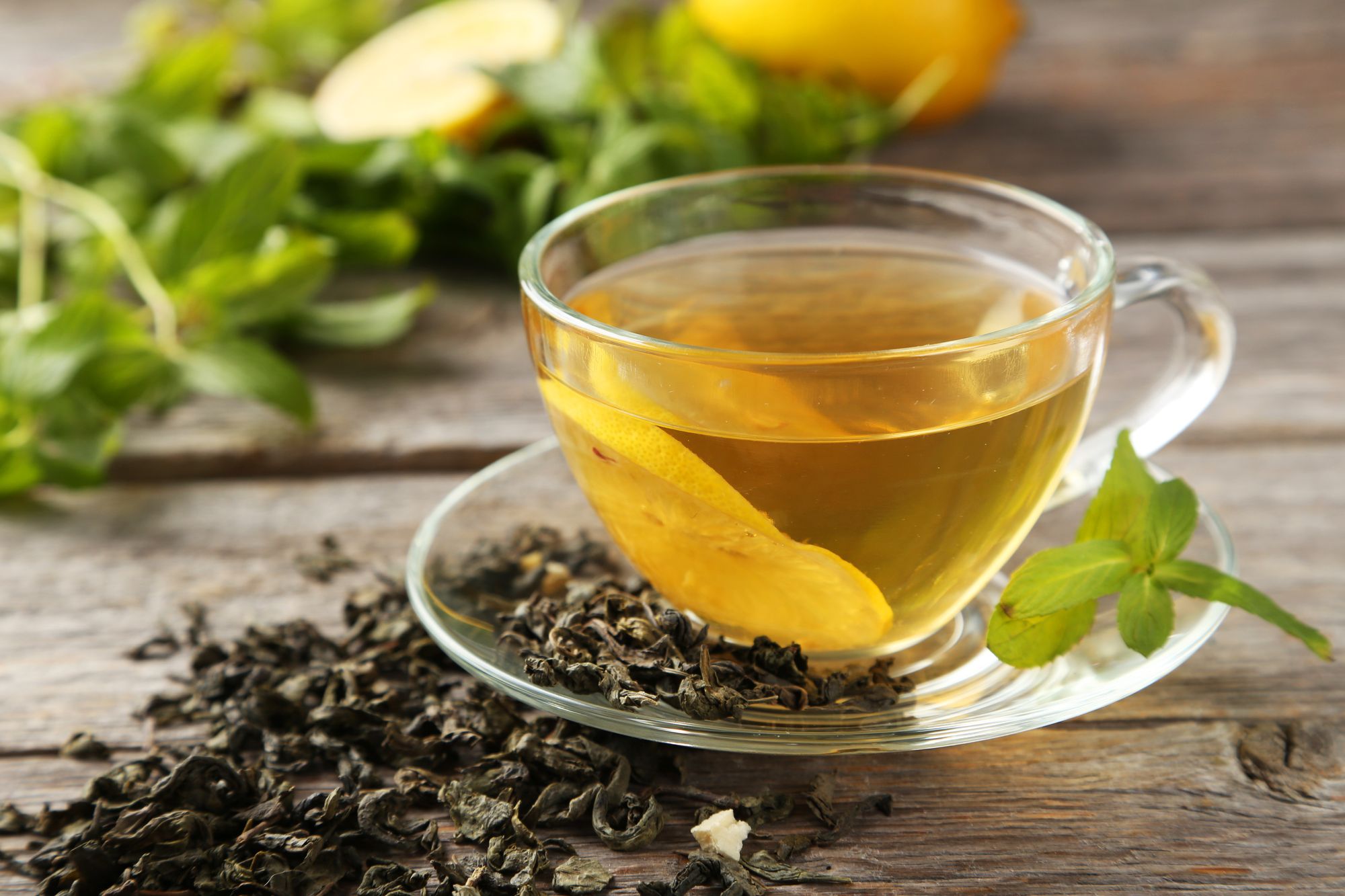
Replace sugary sodas with a comforting cup of green tea to combat inflammation. Green tea contains epigallocatechin-3-gallate (EGCG), a compound with potential anti-inflammatory properties. When incorporating green tea into your anti-inflammatory diet, be mindful of not adding excessive amounts of sugar, as this can have pro-inflammatory effects.

